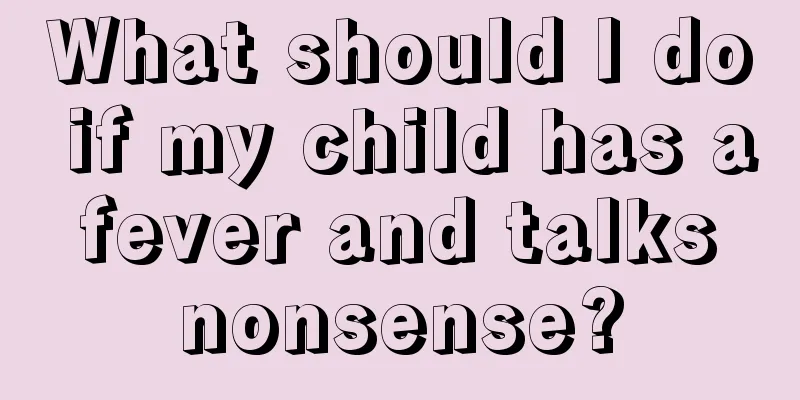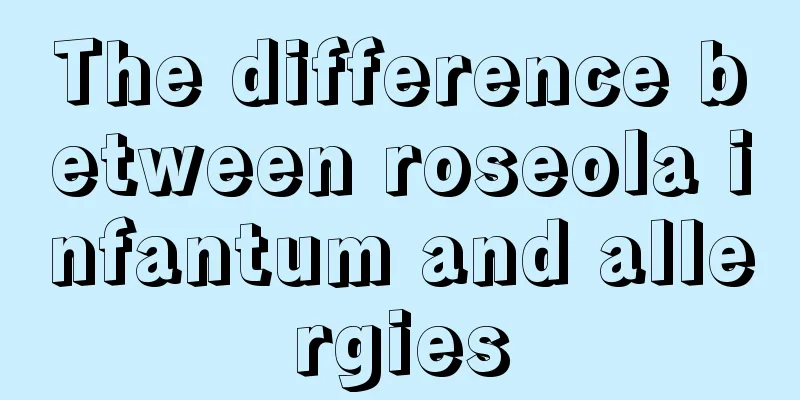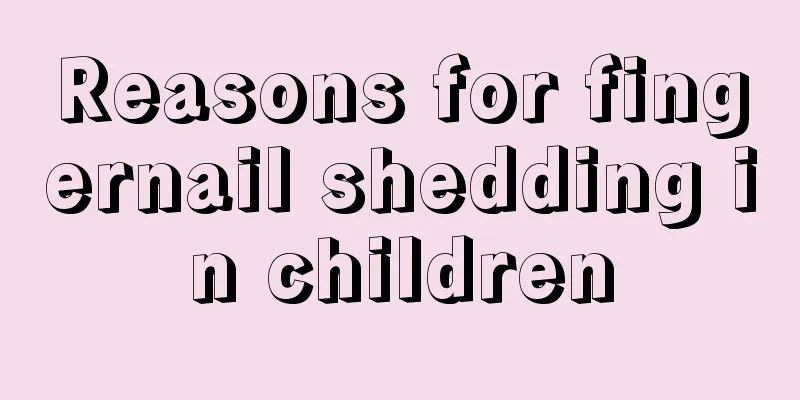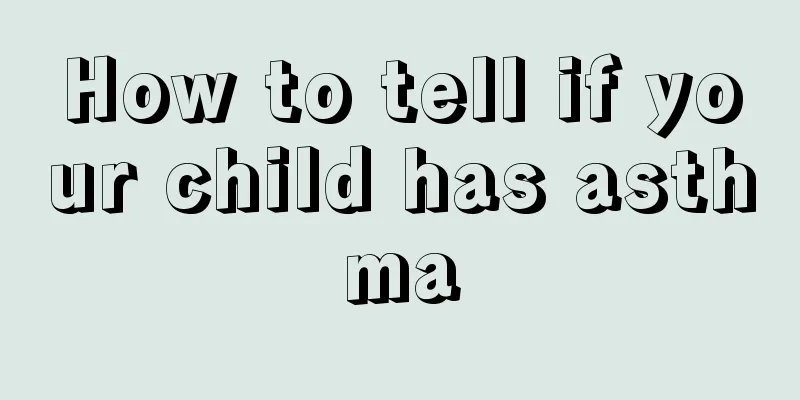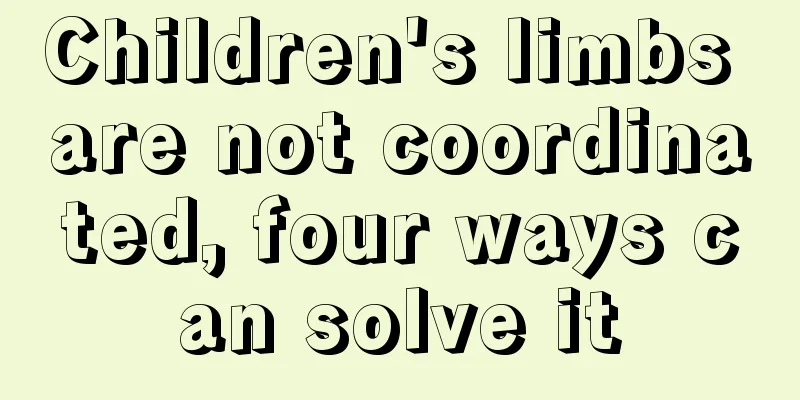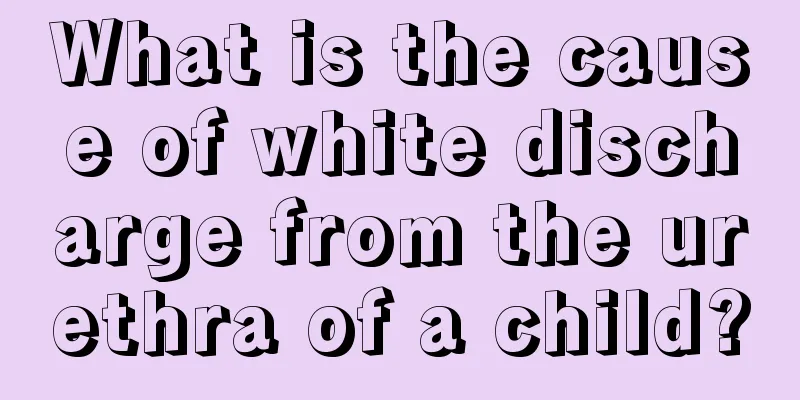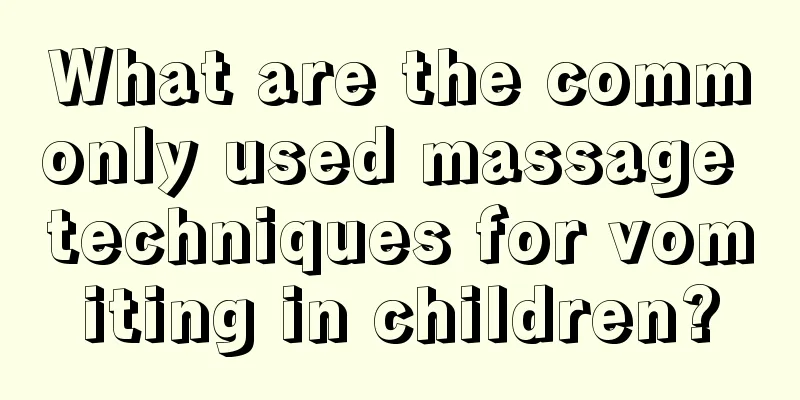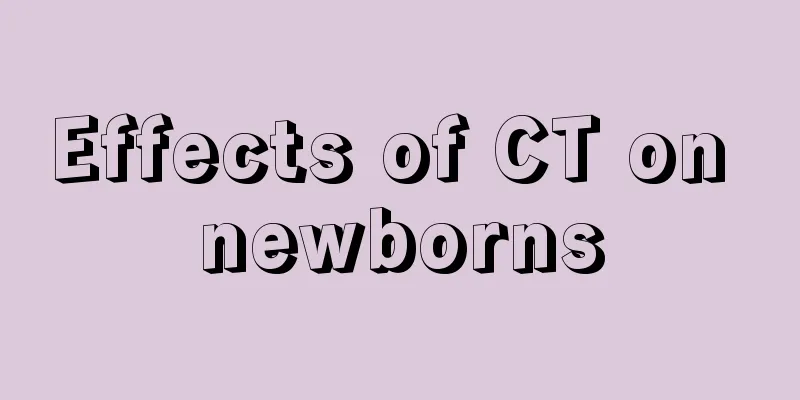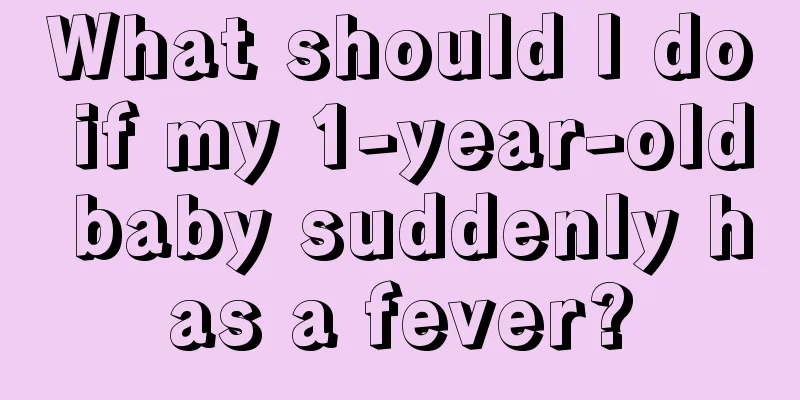24 month old baby not talking
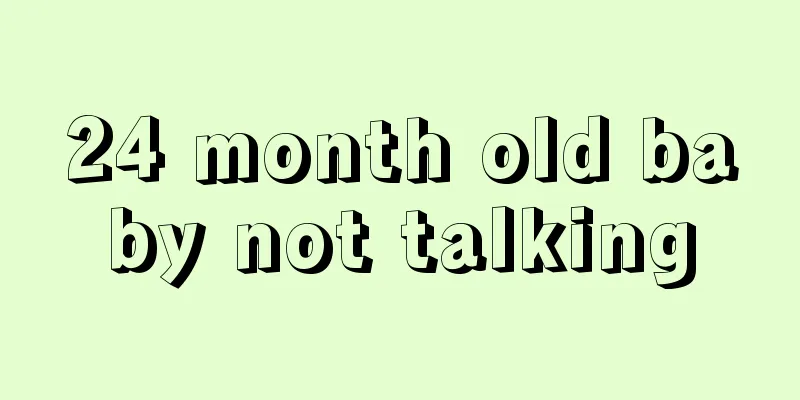
|
Generally, babies over two years old can speak some simple words. Although their brains are not yet fully developed, they can already master some fixed skills through learning ability. However, the time when each baby starts to speak is different. If the baby still can't speak after more than 24 months, parents will be a little worried. There are many reasons for not speaking. So, why doesn't the 24-month-old baby speak?
Generally speaking, children can express themselves relatively well when they are two or three years old, can basically master the spoken language of their native language when they are four years old, and can clearly retell the main ideas of stories they have heard, tell stories based on pictures, or make up simple stories of their own after they are five years old. Under normal circumstances, there is a difference of 4-6 months between children who develop late and children who develop early. If the time limit exceeds this, parents should pay more attention. For example, most babies can speak relatively complete sentences when they are 2 years old, while some babies still cannot speak until they are 2 years old. However, the baby seems very smart. He understands everything you say and can do anything you ask him to do, but he just can't speak and his pronunciation is not accurate. When they have needs, they always use gestures with their hands and at most make some simple pronunciations.
At 4 months old: cannot imitate the sounds made by father and mother. At 6 months old: Does not laugh or yell. 8-9 months old: Cannot use sounds to attract your attention; has not started babbling yet. At 10 months: Does not respond to others calling his name, and does not know how to let you know whether he is happy or annoyed. At 12 months old: He cannot use body language such as waving or shaking his head; he cannot utter one or two initial consonants (such as p, b, etc.); when he needs help, he does not know how to communicate with you. At 15 months: Does not understand words like "no" and "goodbye" and does not respond; knows less than 6 types of body language (such as waving hands, pointing at things, etc.); can say less than 1 to 3 words. At 18 months: Cannot say 6 to 10 words; cannot point to objects of interest, such as birds or airplanes flying in the sky. At 20 months old: can say less than 6 initial consonants. At 21 months: Will not respond to simple commands; will not pretend to play with dolls or on their own (such as combing their own hair, feeding dolls, etc.).At 24 months: cannot put two words together; does not know the functions of common household appliances (such as toothbrushes, telephones, chopsticks, etc.); cannot imitate other people's actions or learn to talk; cannot point out body parts when asked. At 30 months: No one, even family members, can understand him; he cannot speak simple sentences, ask questions, or make himself understood by strangers. By age 3: Does not speak in short phrases; does not understand brief instructions; has no interest in interacting with other children; has a hard time being separated from mom or dad. When they are 3 and a half years old: They often cannot speak complete sentences (for example, they cannot say go home, but only say return). When he was 4 years old: he still stuttered frequently and others could hardly understand what he said. |
<<: 13 month old baby early education
>>: How to teach your 19-month-old baby
Recommend
Introduction to brain development and risk factors during childhood
We often say that children are the flowers of the...
What should I do if my baby's head is red and swollen?
In daily life, children's genitals will slowl...
Neonatal jaundice darkening of the skin
The newborn's own resistance and regulation a...
How long does it take for a child's bone fracture to heal?
Children are more naughty when they are young, an...
What can children eat to help them grow taller?
A child’s height has a lot to do with both innate...
Can Kawasaki disease be cured?
When a baby suffers from Kawasaki disease, there ...
Two month old baby loves to stick out his tongue
We all know that when a baby is two months old, h...
What temperature is considered a fever in a baby's armpit?
Fever is a common disease in people's daily l...
What disease causes children's frequent blinking?
Each of us needs to blink many times a day, becau...
Is it better for a three-year-old to drink milk powder or milk?
In life, many three-year-old babies have been wea...
The child's face turned pale, what's going on?
Children's faces are generally red, which loo...
What kind of exercise can children do to lose weight?
Today's children have become little emperors ...
What kind of disease is ringworm on children's head
Tinea versicolor on children's heads is mainl...
Children often have high fever
Children are very easy to get sick when they are ...
Treatment of geographic tongue in children
There are many common diseases in young children....

